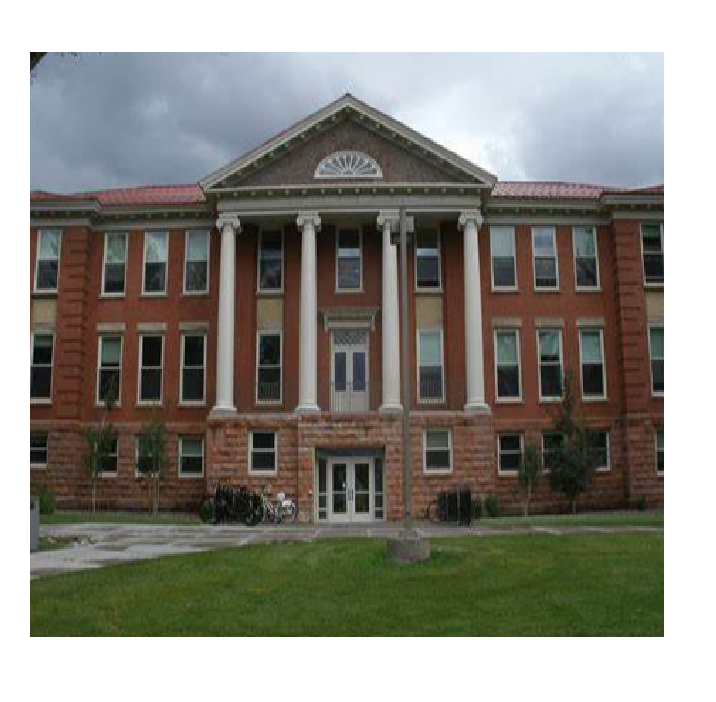Commissioners of Customs and Excise v Morrison's Academy Boarding Houses Association [1978] STC, CSIH
Citation: Commissioners of Customs and Excise v Morrison's Academy Boarding Houses Association [1978] STC, CSIH
Rule of thumb: Do associations, and in this case a private school association, have to pay VAT? Yes, if they are generating above the threshold amount they have to pay/charge VAT the same as other businesses.
Judgment:
If someone is running an association and generating a lot of turnover then they still need to pay VAT or other transactional taxes if they reach the threshold amount. The facts of this case were that a school was being run. This was a case that centred around statutory interpretation and the interpretation of ‘business’ in the Act. The school was an association and there was no intention to make profits. The school argued that as there was no intention to make profits as they were not in ‘business’, and therefore they did not fall within the confines of the Finance Act. The Court held that they were still carrying on ‘business’ – it was held that the fact that they did not intend to make profits was irrelevant because their intention was still to make as much money as possible, meaning that they were held to be in business for the purposes of the act, ‘The definition [of business] in section 45(1) [of the Finance Act 1972] is, however, not unhelpful, for, by providing that business includes any trade, profession or vocation, a clear hint is given that a wide meaning is intended, and I observe that nowhere in Part I of the 1972 [Finance] Act is there any use of the word "commerce" or "profit" in association with the word business, or otherwise.... I can discover nothing in the natural meaning of the word business so to restrict its scope and there is nothing in the context of the taxing provisions as a whole to require one to read business in such a narrow way. The tax is, after all, not a tax on profit or income but on taxable supplies by taxable persons and to make liability to tax depend on the motive with which activities were continuously carried on would lead to the unreasonable result that where two taxable persons make identical taxable supplies in course of carrying on an identical activity or occupation, in which each makes the same loss, or neither a profit nor a loss, and one has sought to make profit and the other has not, only the former would be accountable for VAT,' Lord Emslie

Warning: This is not professional legal advice. This is not professional legal education advice. Please obtain professional guidance before embarking on any legal course of action. This is just an interpretation of a Judgment by persons of legal insight & varying levels of legal specialism, experience & expertise. Please read the Judgment yourself and form your own interpretation of it with professional assistance.

